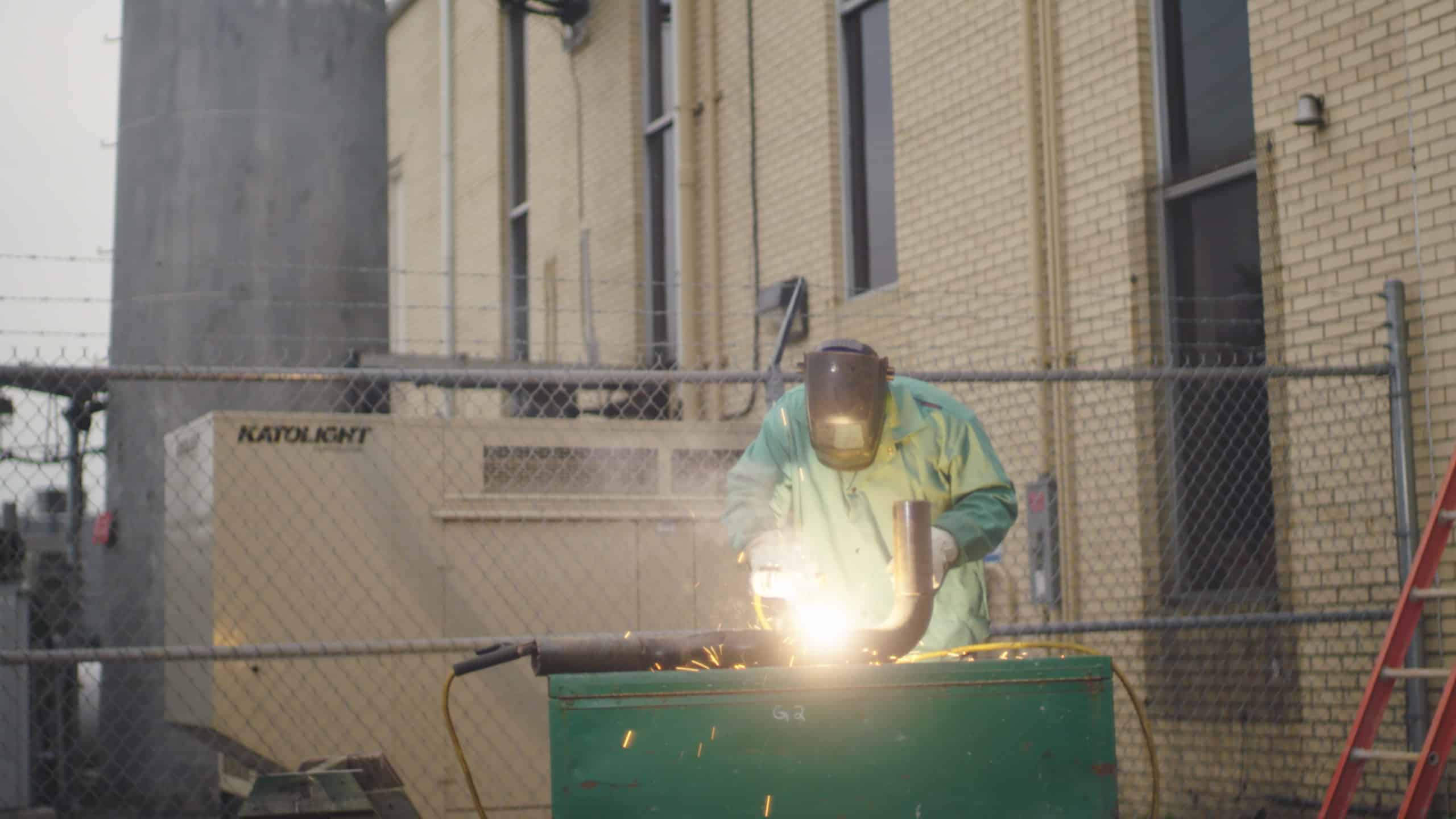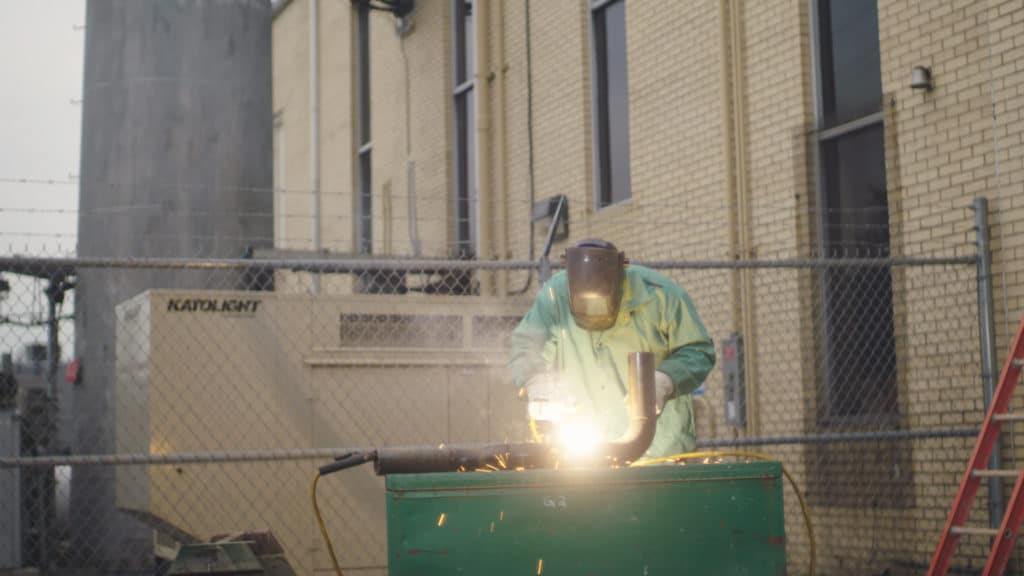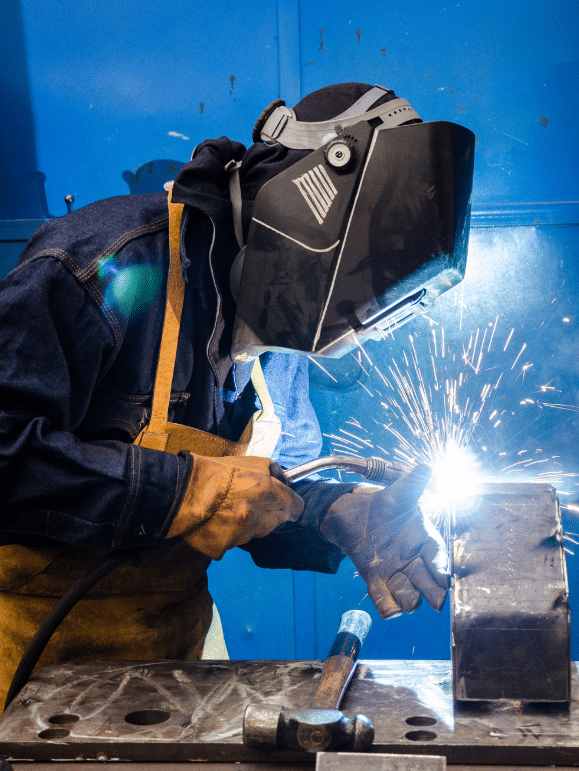CNC Operator Career Path
If you’re unfamiliar with specialties in manufacturing, you probably have no idea what a CNC (computer numerical control) operator is or what they do. This is your one-stop shop for learning all there is to know! Whether you’re already in manufacturing, or considering it as a future career path, we’ll give you the inside scoop so you can prepare yourself for what’s ahead.
production associate job openings in the U.S. based on job postings
of CNC Operators are over the age of 40
California
has the most unfilled CNC Operator positions
Let’s Get Started.
See If Your Skills Align With The Most Essential CNC Operator Skills:
Experience with calipers, micrometers, and math. (Oh my!)
Calipers and micrometers are among the most common machine tools that CNC operators use. These measuring devices are essential to daily tasks, and knowledge of their proper use is typically a requirement. Math is a complementary skill that is frequently used to calculate and understand machine specifications and material dimensions.
High safety standards
CNC Machine Operators assume a higher amount of risk than most jobs, which is why this career path typically requires an apprenticeship or extensive on-the-job training. Safety must be taken seriously in this line of work. Operators often perform machine audits to ensure safety standards are being met as well.
Understanding of G Code
G code is the specific language that CNC machines speak. Therefore, the programmer must speak this language to tell the machine what to do. It is helpful when the machine operator understands G Code so that they can perform machine troubleshooting or make necessary performance revisions on machinery.


Welder Job Overview
We Think You Have What It Takes To Be A CNC Operator… Do You?
CNC operators have highly specialized roles in a machine shop. So, what does a CNC operator do? They have the important task of running CNC machines: ensuring their proper use, troubleshooting any machine malfunctions, creating the programs that operate the CNC machinery, and entering the programs into CNC machines.
Common CNC Operator Job Requirements:
Apprenticeship is often a steppingstone into a CNC operator career, but these key requirements are still the most sought out amongst manufacturers in search of a CNC operator: Keep an eye out for changes –every job posting is different, and every employer has their own preferences for its CNC operators. These are the roles and responsibilities that are common in this career path:
Equipment inspection
Assuring machinery meets safety standards and has accurate programming to run
Machine shop math
Calculating important measurements required to handle machine tools
Following specifications
Understanding desired product outcomes & adjusting programming accordingly
Machine Setup
Entering programs into machines & performing trial runs as needed
CNC Operation (obviously)
Running the CNC machine after the machinist completes setup
Quality Analysis & Troubleshooting
Working with programmers to verify that parts meet satisfactory standards
You’ve Made It This Far, But Where Do You Go From Here?
Here Are Some Trends We’ve Noticed In The Industry:
If you live in America, you know that the production and manufacturing industry is facing challenges with supply, economic downturn, and labor shortages. But, somehow, the growth continues in 2023 as consumers demand more products to be “made in America.”
01
CNC Operator Trends
These five states have the highest average sprinkler fitter salaries:
02
Hiring Trends In Production And Manufacturing
Finding qualified employees to fill the production roles that are open is still a challenge the United States is facing. Most working CNC operators are above the age of 40. This means that in the next 10-15 years, there will be a significant number of operators that retire from the workforce, leaving a large gap to be filled.
03
CNC Operator Vs. CNC Machinist – What’s The Difference?
While CNC machinists are very similar to CNC operators, there is a distinct difference between the two: CNC operators are typically only operating the CNC machines, whereas machinists have the experience & knowledge to set up the machine, switch out tools, and make adjustments as they see fit.
So, How Much Can You Earn?
Let’s Talk CNC Operator Salary
A CNC operator’s salary can range anywhere from $42,174 to $79,443 depending on years of experience, technical skills, and the type of CNC machining. This seems like a big range, but we’ll break it down by position, so it makes sense. All salaries are averages for the role and are not specific to a geographic location. The cost of living can greatly impact wages, so keep that in mind for the location you plan to work in. There are also specialty CNC Operators (like set up operators) that may offer different salaries than the general roles listed below.
Entry level CNC Operator salary (CNC Operator I): $49,800
Experienced Operator salary (CNC Operator II): $59,700
Senior level Operator salary (CNC Operator III): $68,500
These five states have the highest paying salaries:
Salary information gathered from Salary.com
These cities have the highest demand for CNC Operators:


Unsure Of Next Steps To Become A Sprinkler Fitter
We’re Here to Help!

Let Us Show You Why NCW Should Be A Part Of Your Journey To Becoming A Manufacturing Hire:
NCW has a history of success placing manufacturing professionals in positions they were made for. Whether you have experience in manufacturing and production, or not, we are here to help you get on the right track. Have another specialty? Don’t worry, we’ve got more than manufacturing jobs to offer. We hire for almost every type of manufacturing and production role there is!
Keep an eye out for these types of CNC machine operator jobs:
Our recruiters have years of experience working with candidates who want to be successful. We want to get to know you, understand your career goals, chat through your experience, and present you with a career opportunity that you’ll love.
Connect To Opportunitiy
Our team puts your resume directly in front of hiring managers’ eyes.
Expanded Network
NCW expands your network to uncover opportunities that may not have been available otherwise.
By Your Side
Our recruiters prep you for the interview process and guide you through every step of the way.
Recommended for you:
Want to see how NCW can help you with you job hunt?
Let’s Start The Conversation
